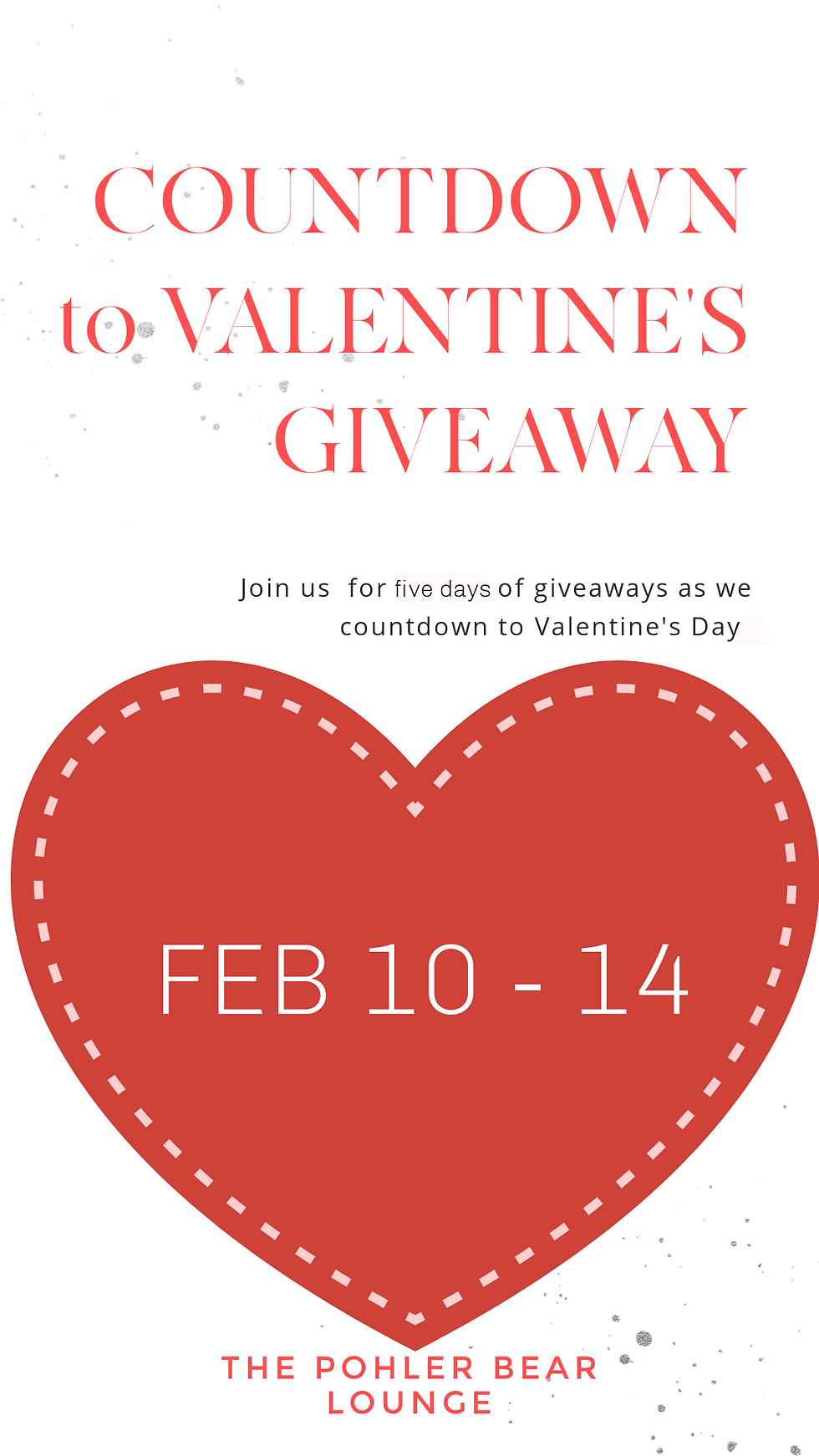Why Buy Self-Published Books?
- Eva Pohler

- Feb 14, 2024
- 4 min read
Updated: Apr 10, 2024
Readers often wonder why some authors choose to self-publish their work instead of using traditional publishing. Each route offers distinct advantages and challenges, but both routes can lead to amazing stories. So, if you've been asking yourself, "Why buy self-published books?", the answer is that you might miss out on some of the best reading experiences if you limit the scope of your choices. Did you know that authors like Colleen Hoover (It Ends with Us), Andy Weir (The Martian), and Blake Crouch (Wayward Pines) are self-published?

Should You Buy Self-Published Books?
Self-Published Authors:
Self-publishing empowers authors to take control of the entire publishing process, from writing and editing to marketing and distribution. With the rise of digital platforms and print-on-demand services, self-publishing has become more accessible and popular than ever before. Here are some key characteristics of self-published authors:
Autonomy: Self-published authors retain full creative control over their work, from cover design to pricing strategies. They have the freedom to experiment with genres, writing styles, and marketing approaches without the constraints of traditional publishing contracts.
Speed to Market: Self-publishing enables authors to bring their books to market quickly. Without the lengthy submission and review processes typical of traditional publishing, authors can release their works in a matter of weeks or months, catering to rapidly changing reader interests and trends or to their own lifestyle choices.
Higher Royalties: Unlike traditionally published authors who receive royalties typically ranging from 5% to 15% of the book's retail price, self-published authors can earn significantly higher royalties, often up to 70% of the book's sales price, depending on the platform and distribution channels chosen. Authors who sell direct from their own store can earn as high as 100%.
Limited Distribution and Visibility: One of the main challenges for self-published authors is achieving widespread distribution and visibility for their books. While digital platforms like Amazon, Kobo, Apple, and Google Play offer global reach, breaking into brick-and-mortar bookstores and reaching mainstream audiences can be more difficult without the support of traditional publishing infrastructure.
Traditionally Published Authors:
Traditional publishing involves authors submitting their manuscripts to established publishing houses, which handle all aspects of production, distribution, and some of the marketing. While securing a traditional publishing deal can be competitive, it offers several distinct advantages:
Prestige and Validation: Landing a traditional publishing deal is often seen as a stamp of approval from industry professionals. It can enhance an author's credibility and increase their chances of garnering attention from literary critics, award committees, and mainstream media outlets. Despite the number of independent authors earning seven and eight figures from their work, the industry still favors the world of gatekeeping, probably because it has to if publishing houses have any chance of survival.
Professional Support: Traditionally published authors benefit from the expertise of editors, designers, and marketing professionals employed by publishing houses, whereas self-published authors must hire them out of pocket. Often the professionals serving the two types of authors are the same.
Broader Distribution Channels: Traditional publishers have well-established distribution networks that enable authors to reach a wider audience through bookstore placement, library acquisitions, and international rights sales. This broader reach increases the likelihood of exposure to diverse readerships and translation opportunities.
Advances: While advances vary widely based on factors such as genre, market trends, and author platform, traditionally published authors typically receive an advance payment against future royalties upon signing a publishing contract. While royalties may be lower compared to self-publishing, the upfront advance provides financial support during the book's development and promotion phases.
For me, creative autonomy and control over my publishing schedule made choosing the self-publishing route more attractive. Although some self-publishers fail to do their due diligence to produce a high-quality book, traditional presses have been guilty of churning out subpar products, too. To avoid purchasing low-quality books, readers should consult reviews and talk to other readers before making a purchase. The means by which a book is published should be less important, in my opinion, than the reviews and general reception of an author's work.
If you haven't already, I hope you'll open your mind to the world of self-published books. If you're so inclined, you can begin with mine.
I'm a USA Today bestselling independent author of over forty novels in multiple genres, including paranormal mysteries, thrillers, and young adult fantasy based on Greek mythology. My books have been called "addictive" and "sure to thrill" (Kirkus Reviews). Please find my series below and click on the image to learn more. My books are available in ebook, paperback, hardback, and audiobook, and new readers can sign up for a 30% off code that will be applied to their entire cart at checkout.
So, what do you think? Should you buy self-published books?
Btw, if you don't already own The Bookworm Bible--my fifty-page comprehensive guide for book lovers compiled from articles I've written over the years on topics such as "How to Overcome a Reading Slump" and "How to Write Easy Peasy Book Reviews" with free resources such as a printable reading log, review templates, and an online reading journal--grab your free copy here.

.png)










